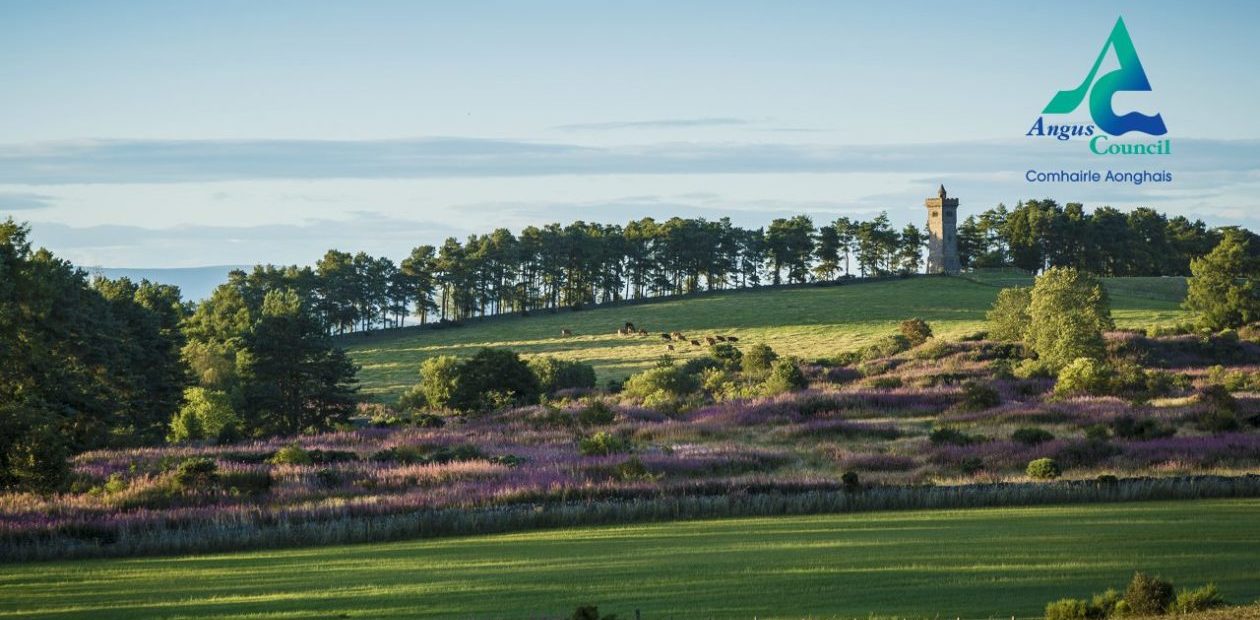posted by Alita Spink, Schools and Learning Support Officer – Schools and Learning

Out of school activities improve children’s educational attainment, study reveals
20 April 2016
Participating in organised sports and joining after school clubs can help to improve primary school children’s academic performance and social skills, new research shows.
Researchers from NatCen Social Research, Newcastle University and ASK Research analysed information on more than 6,400 English children born in 2000-01 who are being followed by the Millennium Cohort Study, which is managed by the IOE’s Centre for Longitudinal Studies (CLS).

Children taking part in organised sports and physical activities at the ages of 5, 7 and 11 were almost one and a half times more likely to reach a higher than expected level in their Key Stage 2 (KS2) maths test at age 11.
Among disadvantaged children, those who attended after school clubs also fared better than their peers who did not take part in such groups. They achieved, on average, a 2 point higher total score in their KS2 assessments in English, Maths and Science at the end of primary school.
This is equivalent to two-fifths of the ‘attainment gap’ between poorer children who score, on average, a total of 53 points at KS2 and those from more affluent homes, who gain 58 points.
The study’s lead investigator, Dr Emily Tanner, of NatCen, said: “Results showed that sports clubs were positively associated with attainment outcomes at age 11, even when accounting for prior attainment at age 7.
“For children from economically disadvantaged backgrounds, who have lower take-up of formal out of school activities, school-based clubs appear to offer an affordable and inclusive means of supporting academic attainment.”
From the ages of 5-11, formal sports club activity was dominated by children from more well-off families. This peaked at age 7, with almost 4 out of 5 taking part, compared to only 2 out of 5 of those from poorer homes.
In comparison, roughly equal numbers of children from both backgrounds were involved in after school clubs at ages 5, 7 and 11.
The researchers also discovered that children who participated in organised sports and physical activities at any time during primary school had better social, emotional and behavioural skills than those who did not take part.
This was also the case for disadvantaged children who had attended an after school club during primary school, compared with other poorer children who had never joined one.
The study, which was funded by the Nuffield Foundation, is thought to be the first to reveal the association between primary school children’s out of school activities and educational achievement.
Dr Tanner said: “The recent Budget announcement to direct money raised by the tax on sugary drinks towards funding sport and after school activities suggests policymakers are recognising the wide-ranging benefits of these activities.
“After school clubs, based on school premises, seem to be an easy vehicle for policymakers and educators to ensure that children have access to both the core curriculum and wider enriching activities.”
‘Out of school activities during primary school and KS2 attainment’ by Emily Tanner, Jenny Chanfreau, Meg Callanan, Karen Laing, Amy Skipp and Liz Todd is the latest working paper from the Centre for Longitudinal Studies (CLS). It was made available online from the CLS website at 00.01 hours on Wednesday 20 April 2016.
Image
- School children playing football (Shutterstock, courtesy of Ryan Bradshaw, CLS)




